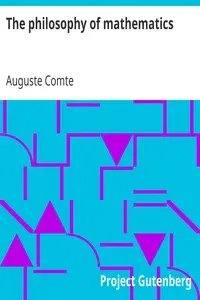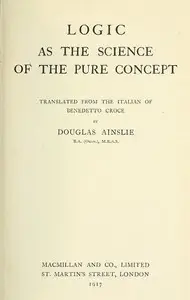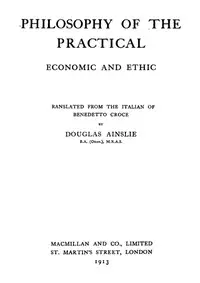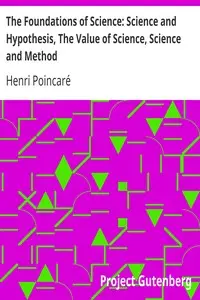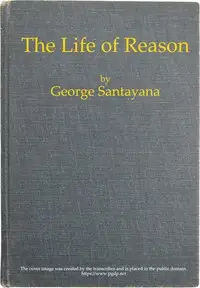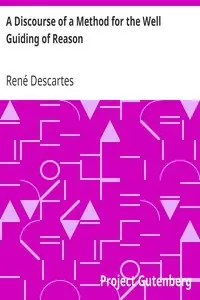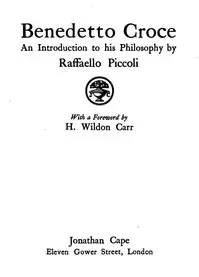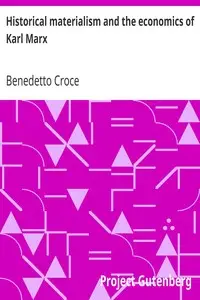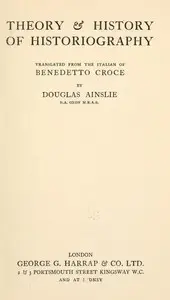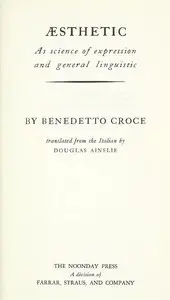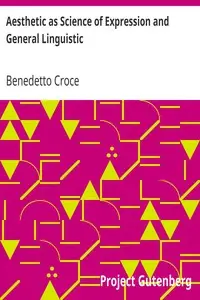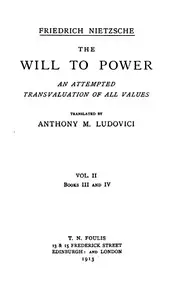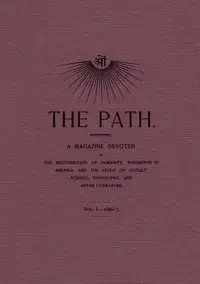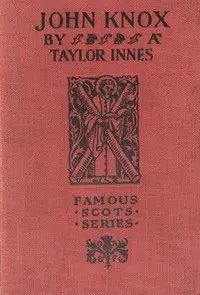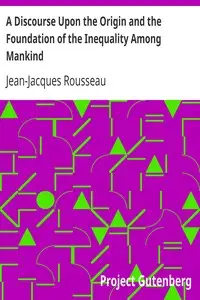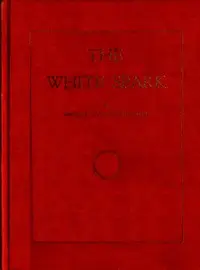"The Philosophy of Giambattista Vico" by Benedetto Croce is a book that digs into the philosophical ideas of Giambattista Vico, written in the early 1900s. It looks at Vico's arguments against Cartesian thinking, highlighting how important history, language, creativity, and the study of morals are. Croce wants to offer a new way of understanding Vico's impact on philosophy, arguing that his ideas are still important today. The book begins by setting up a detailed look at Vico's philosophy, especially his disagreement with Descartes' idea that math-based reasoning is the best way to gain knowledge. Instead, Vico supports the idea that knowledge comes from human experience and history, explaining that we can only truly understand human events when we realize that humans create the world they are trying to understand. This allows for a wider discussion about how knowledge in moral studies, history, and the arts can reach new heights through creativity and invention, standing in contrast to the stricter, math-focused Cartesian method.
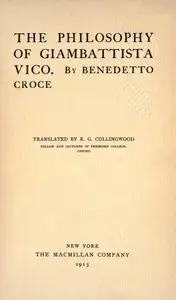
The Philosophy of Giambattista Vico
By Benedetto Croce
Explore a revolutionary thinker's challenge to mathematical reasoning and his championing of human experience as the true source of understanding.
Genres
Released
2016-08-15
Formats
epub (images)
epub
mobi
epub3 (images)
mobi (images)
txt
Free Download
Summary
About the AuthorBenedetto Croce, OCI, COSML
was an Italian idealist philosopher, historian, and politician who wrote on numerous topics, including philosophy, history, historiography, and aesthetics. A political liberal in most regards, he formulated a distinction between liberalism and "liberism". Croce had considerable influence on other Italian intellectuals, from Marxists to Italian fascists, such as Antonio Gramsci and Giovanni Gentile, respectively.
Benedetto Croce, OCI, COSML was an Italian idealist philosopher, historian, and politician who wrote on numerous topics, including philosophy, history, historiography, and aesthetics. A political liberal in most regards, he formulated a distinction between liberalism and "liberism". Croce had considerable influence on other Italian intellectuals, from Marxists to Italian fascists, such as Antonio Gramsci and Giovanni Gentile, respectively.
Total Reviews
10.0k
Total reviews from Goodreads may change

